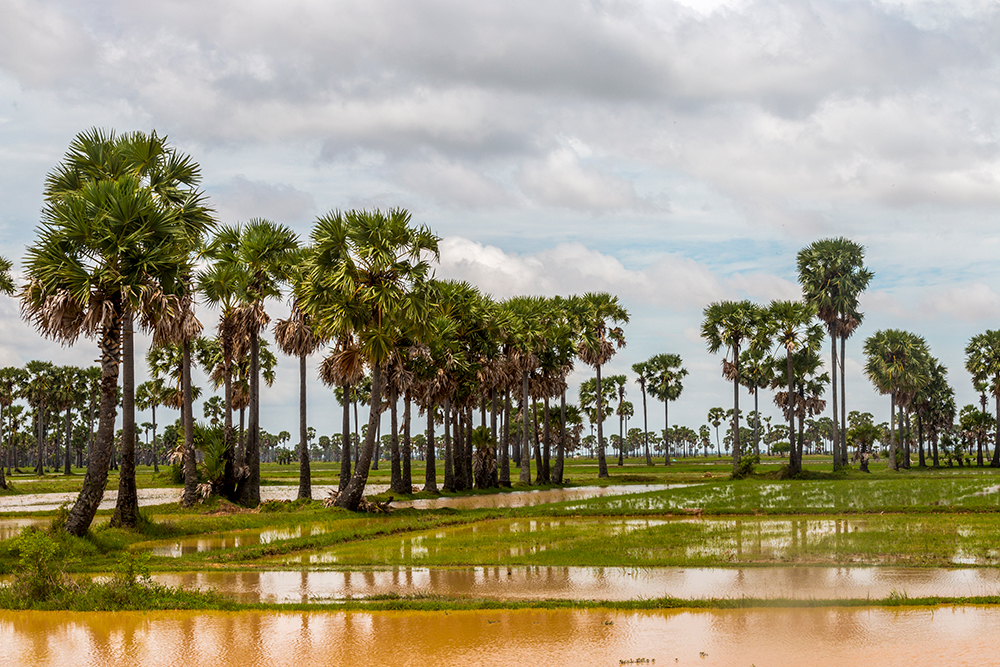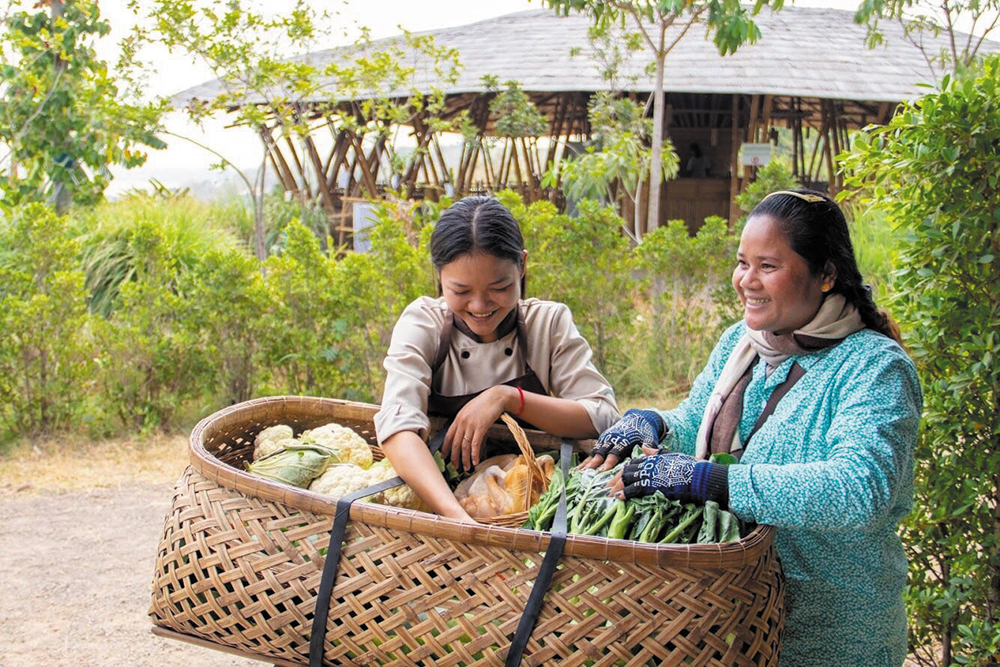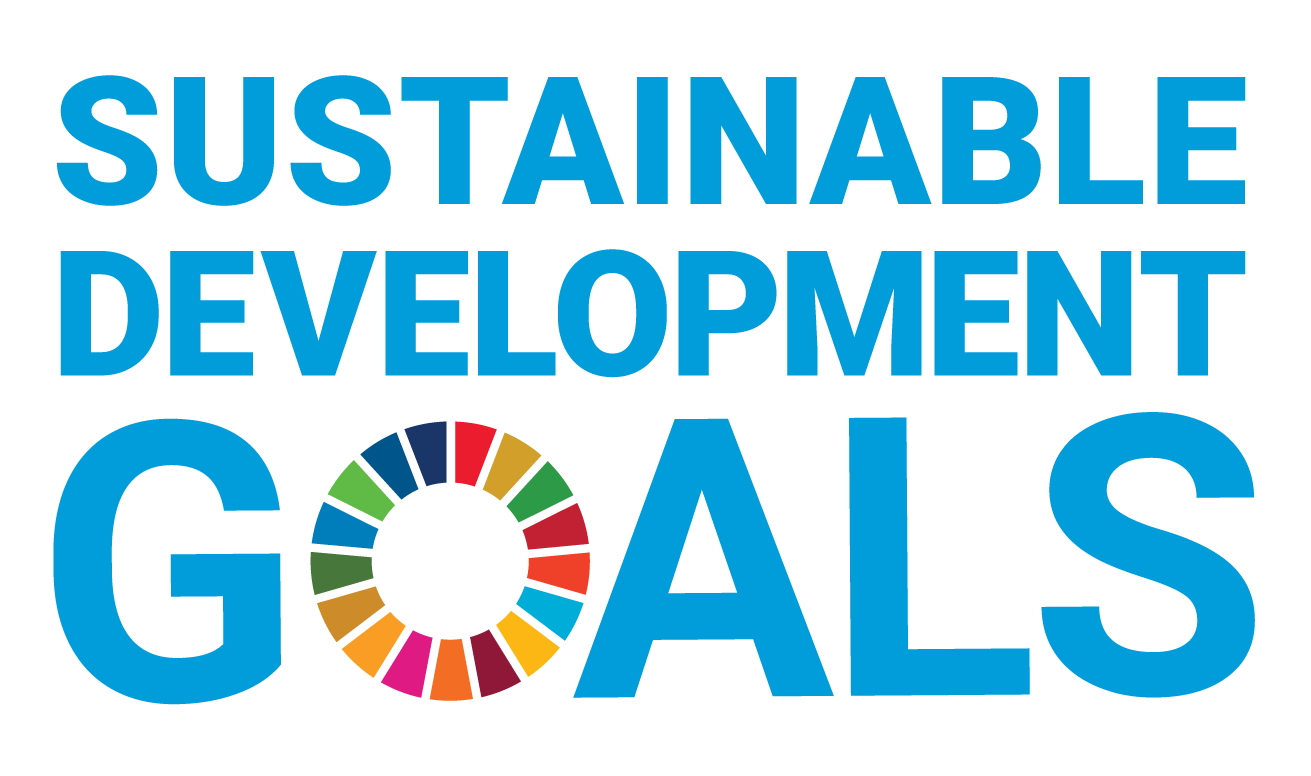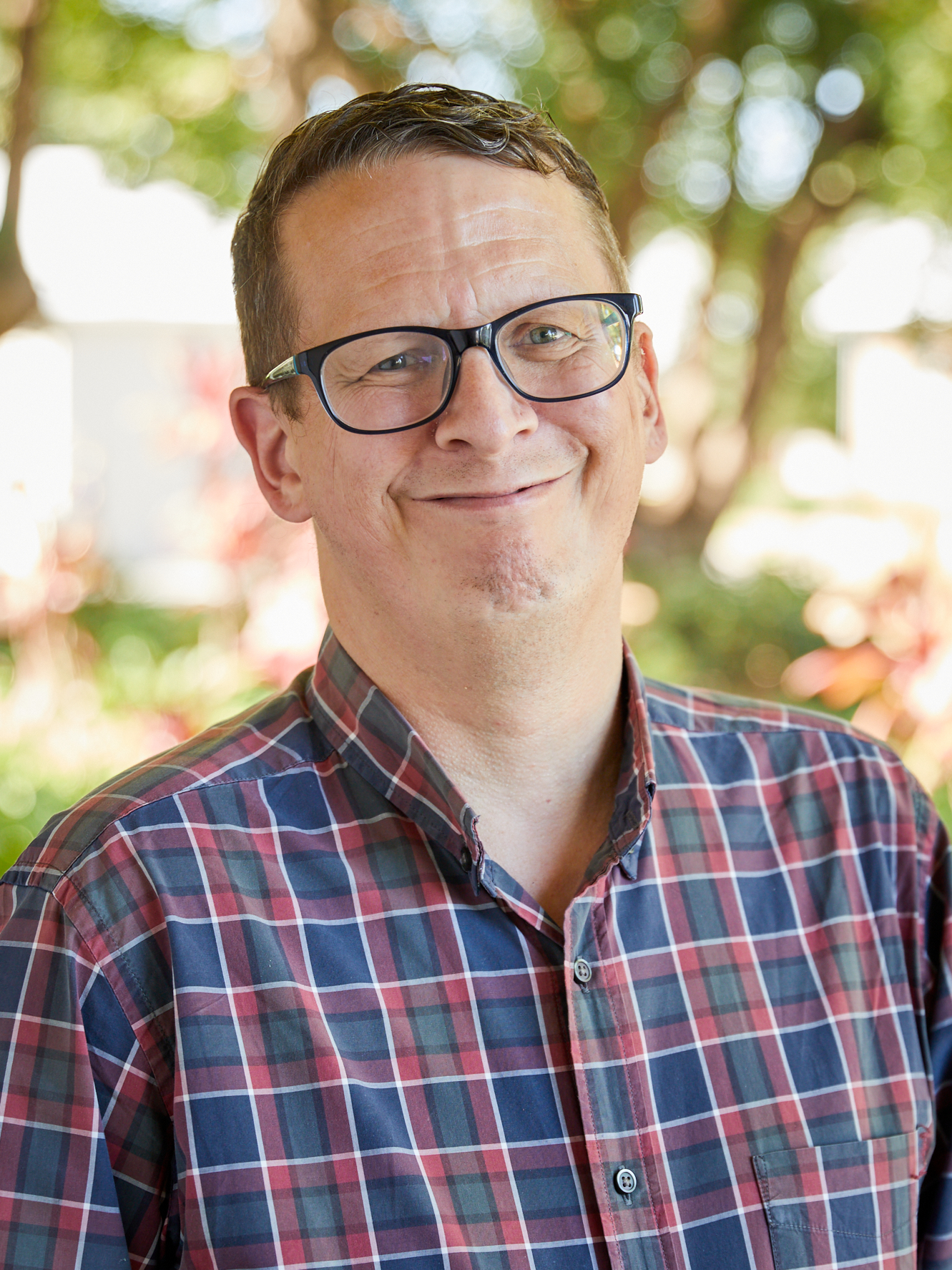You can search for courses, events, people, and anything else.
Social enterprises are an important tool in humanitarian and development policy. However, western-centric thinking and an overemphasis on management tools and business strategies can hamper their effectiveness, warns Dr Isaac Lyne, a research fellow at Western Sydney University’s Institute for Culture and Society.
Lyne has been studying rural community development and livelihoods in low-income countries. He has investigated the success and failure of several social enterprise projects in Cambodia, where he has conducted research over the past 17 years. Social enterprises use business models and entrepreneurial processes to solve problems such as social exclusion and environmental pollution, aiming to build capacity in communities and expand employment opportunities.
EMPOWERING LOCALS
Lyne first visited Cambodia in 2008 while he was based at the University of Bradford in the United Kingdom. In Phnom Penh, he encountered the award-winning social enterprise, Friends International, which reintegrates street children with their communities. Lyne forged a strong relationship with them and secured a British Council grant to incorporate social enterprise into the Master of Arts in Development Studies course at the Royal University of Phnom Penh. He also co-founded the National Social Enterprise Conference of Cambodia and remains a visiting lecturer at the university.
“I started off my research career with all these big picture concerns about globalisation and free trade,” says Lyne. “But I’m not an economist, and so I quickly felt overwhelmed by these issues. I became more interested in participatory development approaches and action research at a grassroots level.”
Lyne’s PhD project at Western explored how local communities make sense of social enterprise in Cambodia. He spent time conducting action research in two neighbouring villages, engaging closely with the people there and gathering their opinions on social enterprise projects. The local people then worked with Lyne and a community development organisation called Buddhism for Social Development Action (BSDA) to establish a canteen in a local school.
“The aim was to provide healthy meals for the children, offer employment training for young people, and give local vegetable growers the chance to sell produce to the canteen, to supplement their earnings from the nearest market,” he explains. “I view the project as a success; even though the selling side didn’t work out in a co-operative way, it did benefit one particular woman who embraced the entire project and ended up being the sole supplier to the canteen, and who was able to take more of the villagers’ produce to sell. When I visited the villages again three years later, she had switched to trading organic vegetables and her house was upgraded.”
In another project, again in close partnership with BSDA, Lyne collaborated on removing plastic from the supply chain of an eco-friendly resort providing vocational training to disadvantaged youth. Hanchey Bamboo Resort caters to the tourist market and has created training opportunities and income for the local community. Excessive plastic use is a major environmental issue across Cambodia − in the community where the retreat is situated, there is no refuse collection, and instead plastic waste was burnt in the open air.
“Isaac came to us with a clear plan for how to become plastic free,” says Michèle Abouchar, former director of the Hanchey Bamboo Resort. “Alongside running workshops with the staff, he also conducted workshops with our food suppliers. He involved everyone in the process and treated everyone as equals, so we all felt we were part of the change. It was hugely valuable to have him on board.”
“We negotiated with local suppliers to bring their produce in large, reusable bamboo baskets,” says Lyne. “This has reduced waste and pollution around the resort.”
Lyne recently completed another piece of research on a social business in Cambodia that distributes clean drinking water in 20-litre plastic bottles. The business is based on building water kiosks in rural locations; they take water from a local source, clean it, and then bottle it. They then sell the bottled water to the surrounding villages.
Certain communities responded positively to the water project, but others did not. In one village, there was high community and political tension that pre-dated the project, and Lyne’s research showed that these tensions partly explained why the project was failing in that particular village.
Need to know
- Western’s Isaac Lyne has been working on social enterprise projects in Cambodia for almost 20 years.
- He has found that action research and participatory development approaches are more effective than a focus on management tools and business strategies.
A TAILORED APPROACH
“My projects take a bottom-up approach, going directly to speak with the communities involved,” says Lyne. “The problem I have with current social business models is the assumption that you can roll it out from one place to the next, without considering each specific community and their needs.” His work has been cited by international development agencies, including USAID, as a demonstration of alternative ways to support social enterprise in communities, whereby communities are able to build upon their existing assets.
Lyne is currently examining digital finance initiatives for smallholder farmers in Laos and Cambodia. While certain areas in Laos have embraced digital life, Cambodia is lagging behind, and rural communities remain cash-based. This is partly due to the high debt burden of smallholders, who prefer cash to help them pay off debts and buy essentials.
“Interdisciplinary research and interaction with all relevant stakeholders are absolutely crucial to ensure the success of social enterprise projects in the world’s poorest nations,” says Lyne. “I hope my research helps to mitigate some of the mistakes that might otherwise be made.”
Meet the Academic | Dr Isaac Lyne
Isaac Lyne is a Postdoctoral Research Fellow at the Institute for Culture and Society at Western Sydney University. He has been a researcher for more than 15 years, with a focus on development studies, rural development, social entrepreneurship, and especially on Cambodia where he conducted action research for a PhD titled “Social Enterprise and Community Development: Theory into practice in two Cambodian villages.” He has previously coordinated a 3-year project in Cambodia in partnership with the Royal University of Phnom Penh Faculty of Development Studies, funded by the UK Department for International Development, leading new research into the social economy, initiating a course unit on social enterprise and social entrepreneurship as part of the postgraduate programme, and collaborating on the initiation of the National Social Enterprise Conference of Cambodia.
Since his PhD, Isaac has held two postdoctoral research positions. In work funded by the Environmental Humanities Research University hosted at Linköping University in Sweden, he conducted research on social business and clean drinking water solutions in rural Cambodia. In his current role, Isaac is conducting research on digital finance and smallholder farming in Cambodia and Laos, as part of a project funded by the Australian Centre for International Agricultural Research. Isaac has published journal articles in Development Policy Review, Water Alternatives, Journal of Enterprising Communities, Social Economy Revue and Education, and Knowledge and Economy.
Credit
Future-Makers is published for Western Sydney University by Nature Research Custom Media, part of Springer Nature.
© jean-claude soboul/Moment/Getty
© ries_bosch/Unsplash
© possessedphotography/Unsplash






